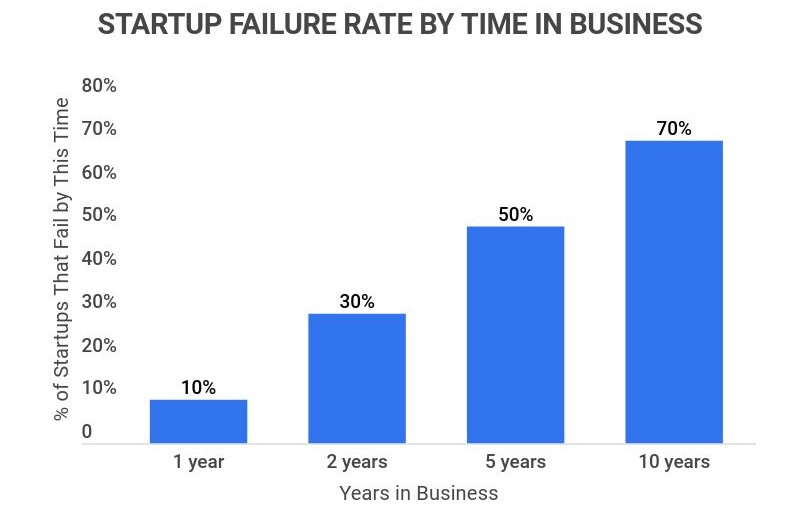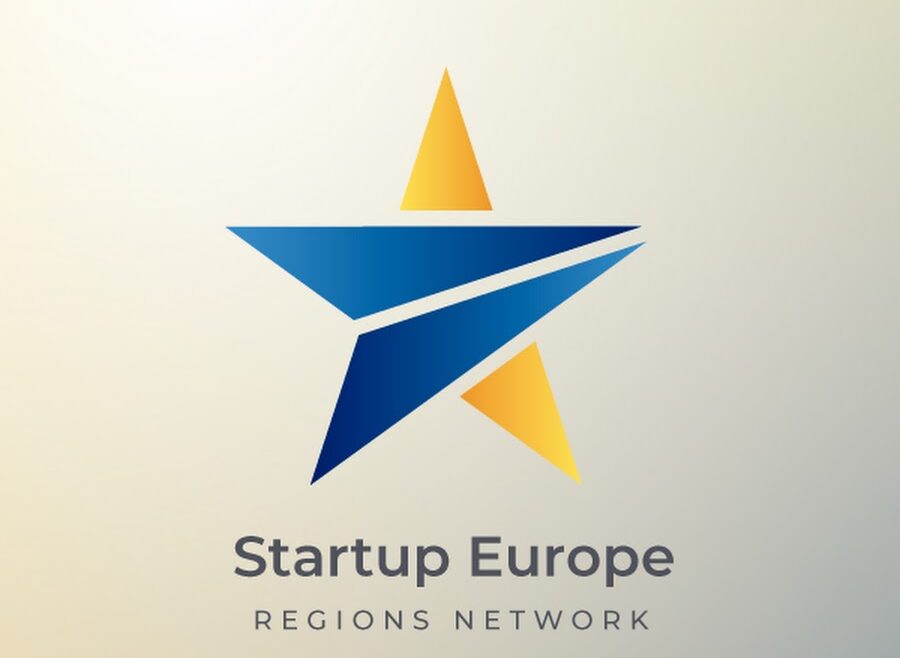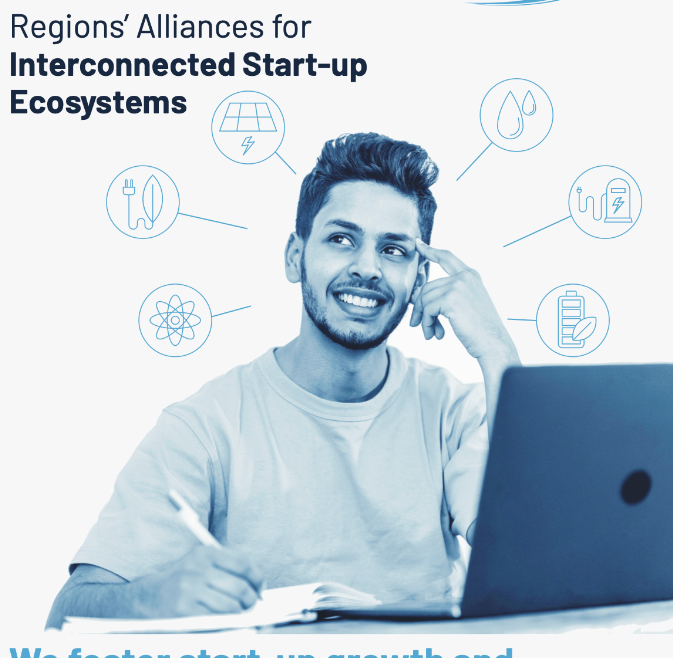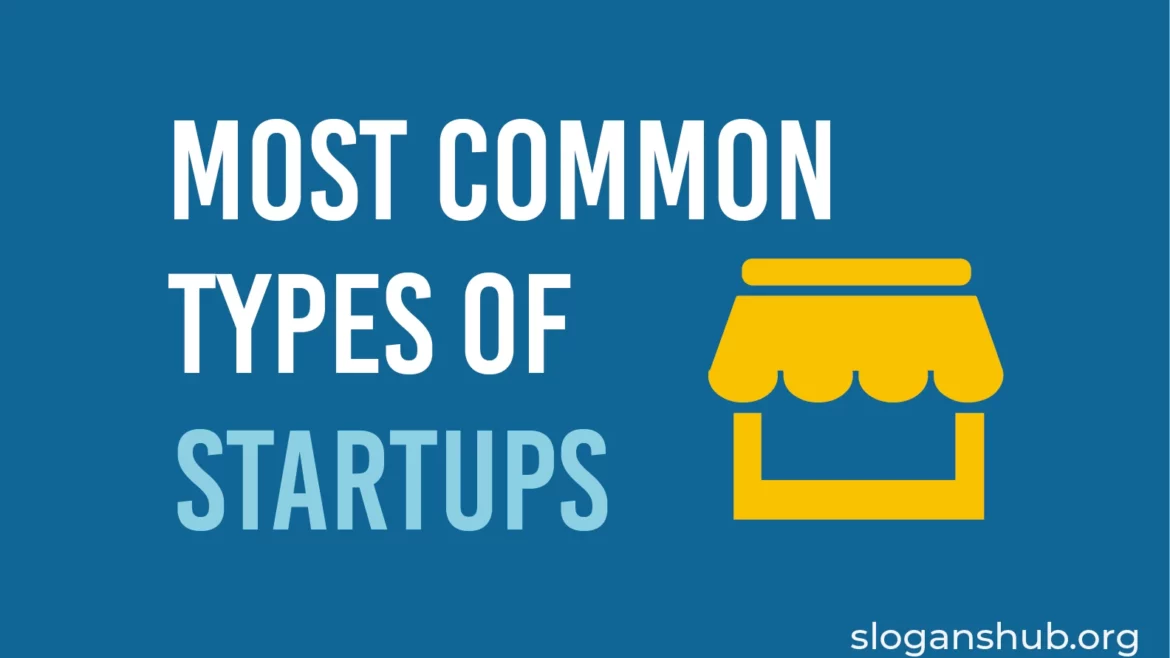AFS Annual Summit 2023 to Convene Global Startup Ecosystem in Brussels
AFS Annual Summit 2023 to Convene Global Startup Ecosystem in Brussels https://theraise.eu/wp-content/uploads/2023/10/8678-1024x333.png 1024 333 RAISE fosters startup growth and scale-up within and across Europe https://theraise.eu/wp-content/uploads/2023/10/8678-1024x333.pngThe much-anticipated Allied for Startups (AFS) Annual Summit 2023 is set to kick off in Brussels from October 9th to 11th. This year, the Summit promises to be more inclusive than ever, opening its doors to the public and welcoming participants from around the globe.
The AFS Annual Summit is a flagship event that brings together representatives from over 25 startup associations worldwide. It is a unique platform where stakeholders unite to deliberate on pivotal policy matters, explore emerging trends, and collectively shape the future of the global startup ecosystem.
One of the standout features of this year’s Summit is its newfound openness to the public. Traditionally, this event was reserved for delegates and stakeholders within the startup ecosystem. However, 2023 marks a significant departure as the AFS Annual Summit embraces a more inclusive approach.
Entrepreneurs, startup enthusiasts, policymakers, and industry experts are all invited to participate in the Summit. This decision is aimed at fostering a dynamic and diverse dialogue on critical topics such as digital trends, entrepreneurship, and legislative developments that impact startups worldwide.
The AFS Annual Summit 2023 is set to be an event of unparalleled significance in the startup world. It’s an opportunity for startups and their supporters to come together, share their experiences, and shape the future of entrepreneurship on a global scale.
To join this transformative event, mark your calendars for October 9th-11th and head to Brussels, where the AFS Annual Summit awaits, ready to inspire, inform, and empower the global startup community.
Learn more: https://alliedforstartups.org/annual-summit











